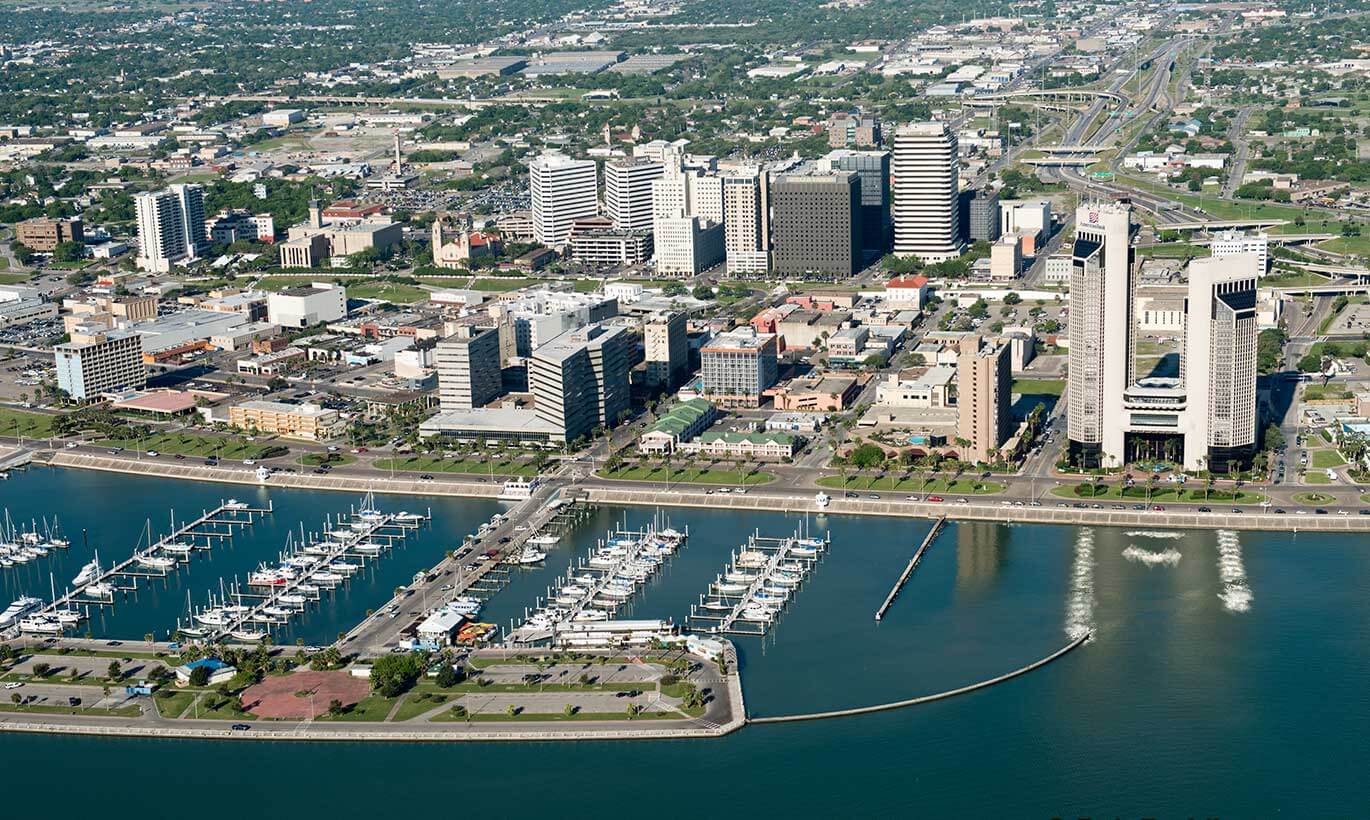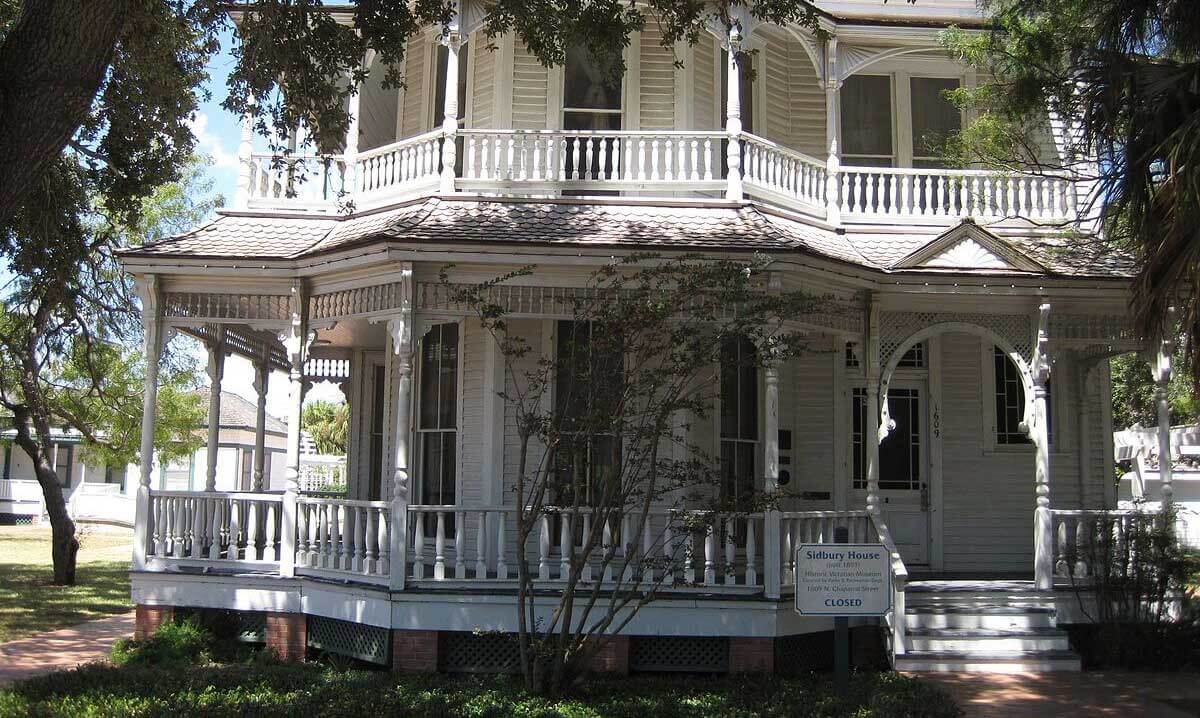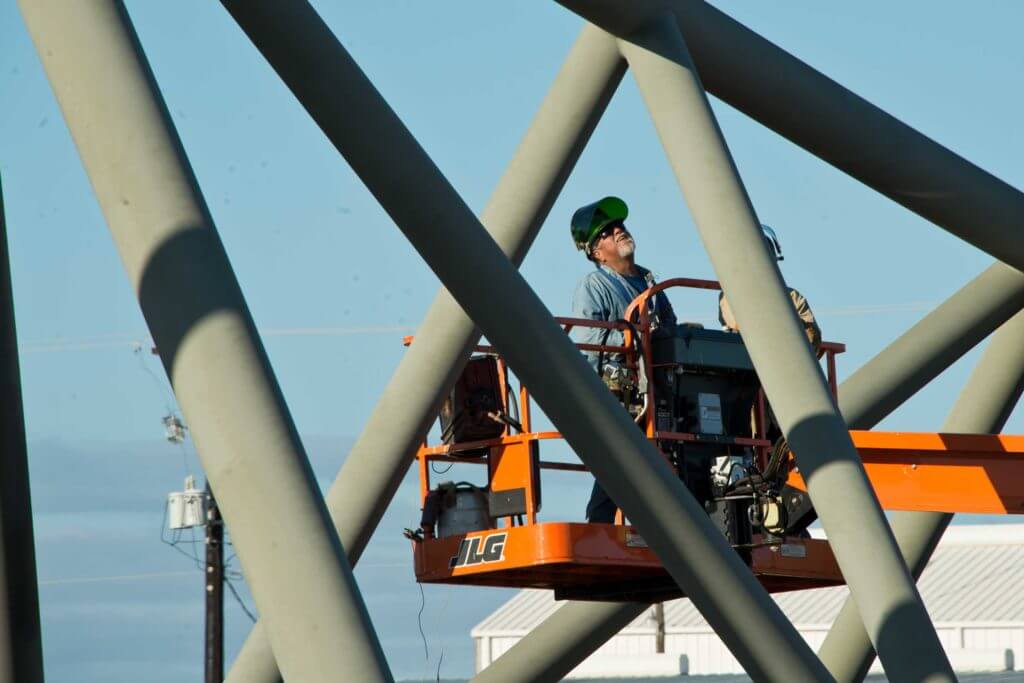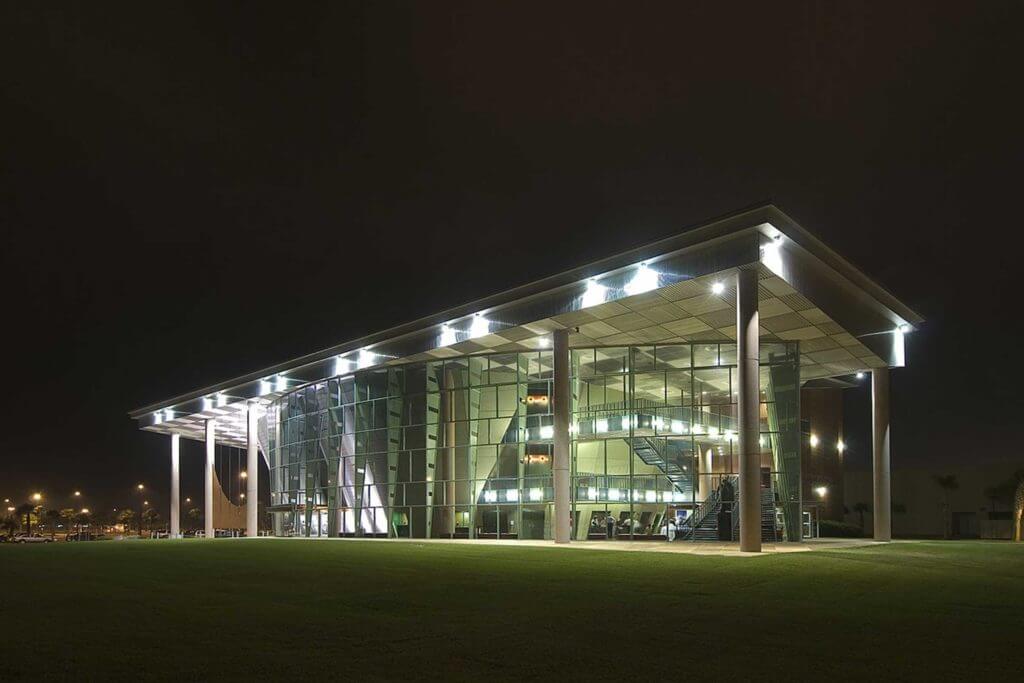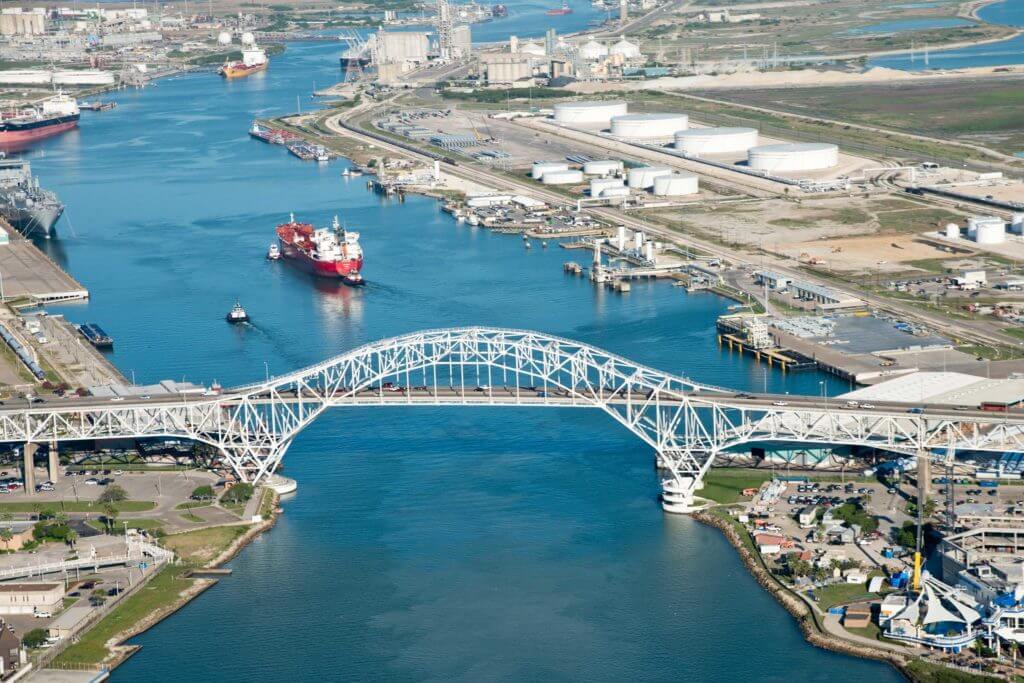Corpus Christi’s economy is anchored by several high-impact industries:
- Energy & Petrochemicals: The Port of Corpus Christi, now deepened to 54 feet to accommodate larger vessels and greater cargo volumes, reinforces the city’s role as one of the top energy-exporting hubs in the U.S. Cheniere Energy’s expansion of its LNG facility further elevates Corpus Christi’s global energy profile.
- Manufacturing: The city supports a range of industrial operations, including petrochemical processing and metal fabrication. Ongoing developments like the Corpus Christi Polymers facility—set to become the largest vertically integrated PTA-PET plant in the U.S.—highlight the city’s growing role in advanced materials manufacturing.
- Healthcare: Corpus Christi is home to multiple hospital systems, specialty care facilities, and medical education programs. The healthcare sector serves not only local residents but also surrounding communities, making it a core pillar of the city’s economy and a growing source of employment.
- Logistics & Trade: With the Port of Corpus Christi ranked among the largest in the U.S. by tonnage, and supported by Class I railroads and highway access, the city plays a strategic role in national and international freight movement.
- Tourism & Hospitality: Corpus Christi’s appeal as a Gulf Coast destination continues to fuel its hospitality sector, which is benefiting from rising visitor numbers and downtown revitalization efforts.
Economic Performance & Growth
Corpus Christi’s labor market continues to show momentum. As of April 2025, the Corpus Christi Metropolitan Statistical Area reported a civilian labor force of 213,700, with over 6,200 new workers added year-over-year in the Coastal Bend.
The area attracted more than $50 billion in capital investment from 2010 to 2020, fueling growth across energy, manufacturing, and healthcare sectors.
The Port of Corpus Christi stands as the #1 crude oil export gateway in the United States and ranks as the third largest crude oil export port globally, underscoring its strategic role in global energy markets. Over $65 billion in capital investment has flowed into the port and surrounding industrial ecosystem. The top five commodities moved by port customers—crude oil, refined petroleum products, chemicals, agricultural commodities, and dry bulk—highlight the port’s vital function in powering both domestic and international trade.
Workforce & Talent Development
Corpus Christi’s workforce is expanding and evolving to meet modern demands. Educational institutions such as Del Mar College and Texas A&M University-Corpus Christi play a pivotal role in training talent, particularly in healthcare, energy, and advanced manufacturing.
Specialized programs at the Craft Training Center and partnerships between schools and employers are helping to build a skilled pipeline across trades and technology fields.
Infrastructure & Strategic Assets
- Port of Corpus Christi: Now one of the most active ports in the U.S., with newly deepened channels supporting large-scale crude oil and LNG exports.
- Harbor Bridge Project: Soon to be the largest cable-stayed concrete-segmental bridge in the U.S., this infrastructure will improve freight mobility and regional access.
- Desalination & Water Security: A proposed 30-million-gallon-per-day seawater desalination plant is slated for completion by 2027–2028 to support the growing population and industrial expansion.
- Urban Renewal: The Water Street Reimagined project aims to revitalize downtown Corpus Christi with pedestrian-friendly streets and mixed-use development.
Corpus Christi Business Climate
Corpus Christi’s business climate is shaped by a combination of strong local governance, regional cooperation, and streamlined access to key markets. The city’s permitting process and development policies are structured to support efficient project timelines, making it easier for companies to break ground and expand operations. Organizations like the Corpus Christi Regional Economic Development Corporation work directly with relocating and growing businesses to identify strategic sites, connect with key stakeholders, and navigate incentive programs.
The United Corpus Christi Chamber of Commerce continues to champion initiatives that promote economic resilience, from infrastructure modernization to public-private partnerships that improve livability. This alignment between business, government, and education fosters a climate of support that helps companies succeed—and signals to investors that Corpus Christi is a city planning for sustainable, long-term growth.
Businesses in Corpus Christi also benefit from broader Texas business benefits and a supportive Texas business climate.
Quality of Life & Community Strength
Corpus Christi offers a high quality of life with a low cost of living, ranking fourth in the nation for purchasing power – and #1 in Texas. The community enjoys access to miles of Gulf Coast shoreline, fishing, sailing, and family-friendly attractions like the Texas State Aquarium and the South Texas Museum of Art.
Whether it’s the revitalized downtown, year-round cultural events, or educational opportunities, Corpus Christi balances big-city opportunity with a laid-back coastal lifestyle.
Ready to Grow Your Business in Corpus Christi?
Corpus Christi is a prime example of the momentum driving economic growth in Texas. With world-class infrastructure, industry-aligned talent, and a strategic coastal location, the city offers businesses a launchpad for long-term success.

